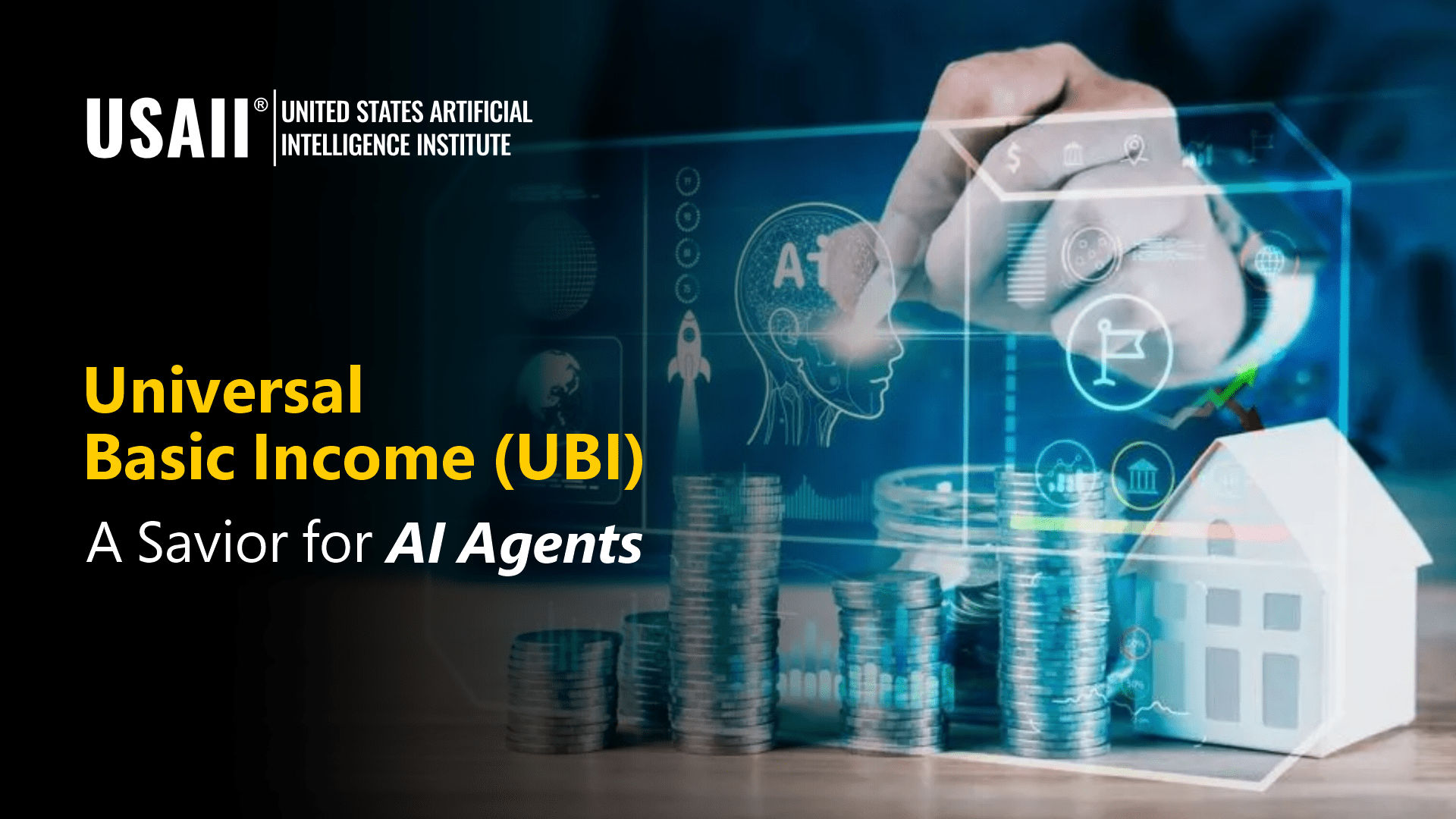
The AI ecosystem has been evolving at a rapid pace, with a shift from knowledge-based use cases to more agentic AI applications. Companies are now leveraging these technologies to reduce employee costs, and this trend is expected to expand. In this article, I’ll explore how both companies and countries stand to benefit from these advancements, and how Universal Basic Income (UBI) can help economies adapt to the challenges posed by widespread AI adoption.
As one Tech CEO once said, “AI will not take your jobs, but someone who uses AI will.” While this statement was so true not long ago, the narrative is shifting at an accelerating pace. Today, AI agents are replacing human workers in junior-level positions, particularly in sectors like programming and customer support.
For instance, Google recently revealed that 25% of its code is now generated by AI agents. This reduces the need for junior-level developers, as AI agents handle coding tasks with senior engineers overseeing and iterating on the code before it’s pushed to production. Similarly, Microsoft’s Co-pilot AI studio now allows businesses to deploy AI agents for a wide array of tasks, streamlining operations across departments. Even Amazon has gone a step further, replacing large portions of its workforce with robots.
The Impact on Jobs and Salaries
To understand the implications, let’s consider the salary structure for a typical junior programmer at a software company:
Junior Programmer Salary & Benefits:
Salary Range: $60,000 - $100,000 per year (Glassdoor)
Benefits:
Perks (Varies):
Envision a scenario where a company replaces its entire junior programming workforce with AI coding agents. These agents seamlessly integrate into task management tools like Jira or GitLab, allowing them to be assigned coding tasks, commit changes, and raise pull requests for senior developers to review and iterate on. This shift would effectively eliminate the junior programmer role and position the senior developers to become the Human-In-the-Loop within this new agentic workflow.
For businesses, the benefits are substantial:
Overall, this transition could result in significant financial savings and enhanced operational efficiency for companies.
What Happens Next?
As job cuts in various sectors become increasingly likely due to AI automation, governments and regulators must move quickly. The rise of AI presents a real risk of widespread unemployment, especially in junior and entry-level roles. One effective strategy to cushion the impact of this disruption is the implementation of Universal Basic Income (UBI).
What is UBI?
UBI is a policy where governments provide regular, unconditional cash payments to all citizens, regardless of their income or employment status. The aim is to reduce poverty, ensure financial security, and promote economic stability by giving people the freedom to use the money as they see fit.
How Economies Can Adapt and Fund UBI?
To fund UBI and support those displaced by AI, a new AI automation tax could be introduced. Companies benefiting from AI-driven automation could be taxed to help finance UBI initiatives, ensuring that those affected by job losses receive support. Additionally, creating new subsidies for affected individuals and revising enterprise auditing frameworks will help track the use of AI and its impact on the workforce. Moreover, countries should focus on retraining displaced workers and redirecting their efforts into other sectors like entrepreneurship, healthcare, and technology. These initiatives can help create new job opportunities and ensure that workers are equipped with the skills needed for the changing job market.
The Way Forward
The rise of AI Agents is revolutionizing industries, but it also brings challenges, particularly in terms of job displacement. By embracing Universal Basic Income (UBI) and introducing AI automation taxes, governments can create a safety net for those affected by these shifts. With strategic planning and investments in retraining and new opportunities, economies can adapt and thrive in this new era of AI-powered automation.
Follow us: